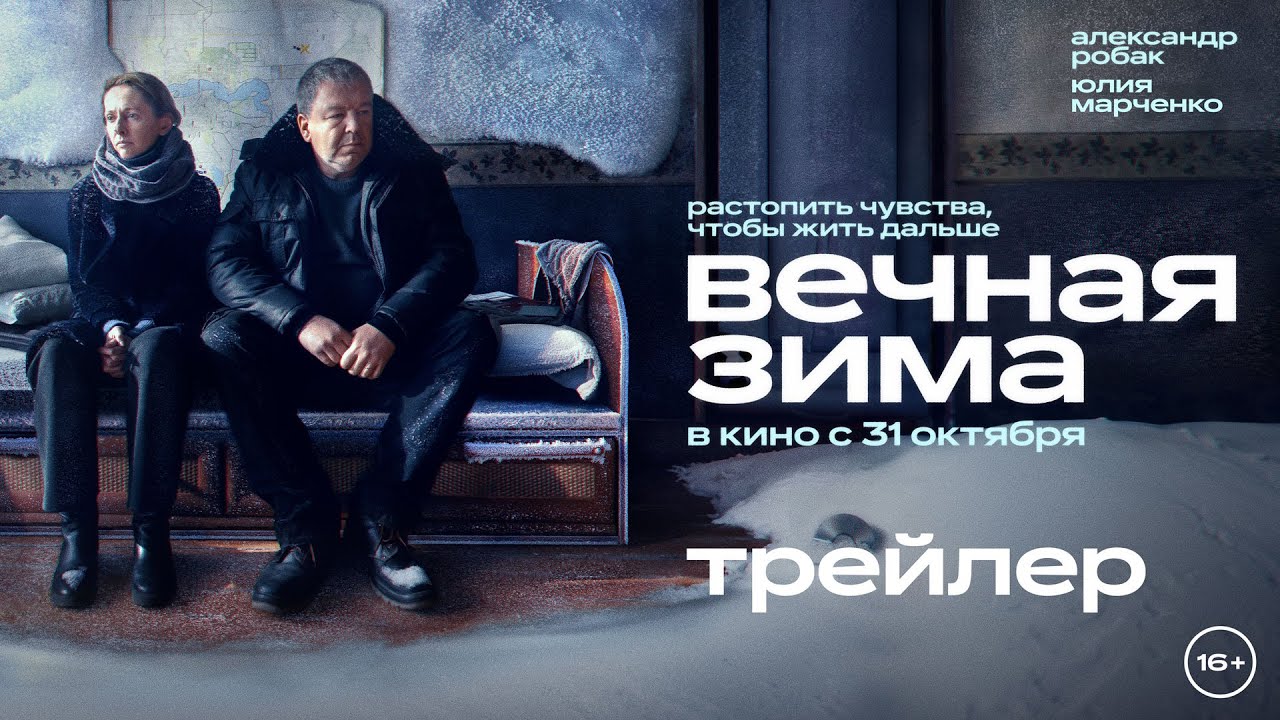Short Summary: A Son’s Death, A Family’s Descent After a high school student is brutally beaten and dies, his parents, Vladimir and Elena, navigate their grief in profoundly different ways. The mother finds solace in her son’s diary, attempting to understand his life, while the father becomes consumed by a quest for revenge, obsessively seeking his son’s killers.
Detailed Summary: The Aftermath of Tragedy The film is a raw and emotional portrayal of a family torn apart by a sudden and violent loss.
-
The Crime: Set in a Ural city during a harsh winter, the story begins with the death of a high school student who is attacked on the street.
-
A Grieving Mother’s Discovery: The mother, Elena, is unable to process her grief and instead seeks to understand the son she feels she never truly knew. She finds his diary and, through its pages, starts to piece together the secrets and struggles of his life. This journey of discovery is her way of coping and finding a path forward.
-
A Father’s Vow of Revenge: The father, Vladimir, is fueled by anger and a singular purpose: to find and punish those responsible for his son’s death. His obsession with revenge becomes a destructive force that threatens to consume him and his relationship with his wife. The film traces the separate emotional journeys of these two parents as they grapple with the same tragedy.
Director’s Vision: The Cold Grip of Loss Nikolay Larionov, who also wrote the screenplay, directs “Endless Winter” with a focus on intimate, character-driven drama.
-
Emotional Realism: Larionov’s vision is to create a film that is deeply personal and emotionally resonant, depicting the raw and messy process of grief without sensationalism.
-
Atmospheric Setting: The choice of a cold, stark Ural city in winter serves as a powerful metaphor for the emotional desolation and “endless winter” that the family is experiencing.
-
A Tale of Two Responses: The film’s strength lies in its exploration of two contrasting reactions to trauma—one introspective and seeking understanding, the other external and seeking vengeance.
Themes: Grief, Vengeance, and the Unseen Lives of Others
-
The Nature of Grief: The film examines how grief manifests differently in individuals, and how the trauma of loss can either bring people together or tear them apart.
-
Revenge vs. Healing: A central conflict is the father’s pursuit of revenge against the mother’s search for understanding and healing. The film questions whether justice can be found in vengeance or only in acceptance.
-
The Unseen Lives of Our Loved Ones: Elena’s discovery of her son’s diary highlights a poignant theme about how little we sometimes know about the inner lives of those closest to us until it is too late.
Key Success Factors: Critically Acclaimed Performances and Festivals
-
Award-Winning Performance: Aleksandr Robak, who plays the father, won the prestigious White Elephant Prize for Best Actor from the Russian Guild of Film Experts and Critics, a major factor in the film’s recognition.
-
Festival Presence: The film has been showcased at numerous international film festivals, including the São Paulo International Film Festival and the Cairo International Film Festival, garnering critical attention and signaling its artistic merit.
-
Strong Direction and Screenplay: With Larionov handling both the directing and writing, the film maintains a singular, powerful vision, ensuring a cohesive and impactful narrative.
Awards and Nominations: A Critical Darling “Endless Winter” has been recognized with several awards. Most notably, Aleksandr Robak received the White Elephant Prize for his leading role. The film also won a Directing Prize at the Alafey Mountain festival of modern and relevant cinema. It has been an official selection at several prestigious international film festivals.
Critics Reception: Praised for Emotional Depth
-
Zerkalo Space: Highlights the film’s emotional journey, stating that the characters must “melt ice in their hearts” to move on. It praises the film for its powerful portrayal of grief and the search for justice.
-
MUBI: Described the film as a poignant drama about a family tragedy, focusing on the separate paths of a mother who seeks to understand her son through his diary and a father obsessed with revenge. Overall, critics have lauded “Endless Winter” for its sensitive handling of a difficult subject, strong performances, and emotionally resonant storytelling.
Why to Watch This Movie: A Profound and Moving Drama
-
For a Deeply Emotional Story: This film is a powerful and heart-wrenching drama that explores the complexities of grief and the human spirit’s capacity for both love and vengeance.
-
To See Award-Winning Acting: The central performance by Aleksandr Robak is a standout, and his award-winning role is a major draw for cinephiles.
-
For Fans of Arthouse Cinema: If you appreciate films that prioritize character development, emotional realism, and an atmospheric setting over fast-paced action, “Endless Winter” is a compelling choice.
Movie Trend: Modern Russian Social Realism The film follows the trend of Russian social realism, a genre that often tackles difficult, contemporary social issues with a focus on gritty, authentic portrayals of everyday life. This trend has seen a rise in recent years, with filmmakers exploring themes of family, justice, and the struggles of post-Soviet life.
Social Trend: The Search for Justice in a Broken System “Endless Winter” taps into the global social trend of a growing distrust in official institutions and a desire for personal justice. The father’s decision to seek out his son’s killers himself, rather than relying solely on the authorities, reflects a common sentiment in societies where official systems are perceived as slow or ineffective.
Final Verdict: A Poignant and Powerful Character Study “Endless Winter” is a critically acclaimed and emotionally resonant film that offers a moving look at how a family grapples with unimaginable loss. The film’s strength lies in its powerful performances and its refusal to offer easy answers, making it a profound and unforgettable experience for viewers who are willing to engage with its difficult themes.

